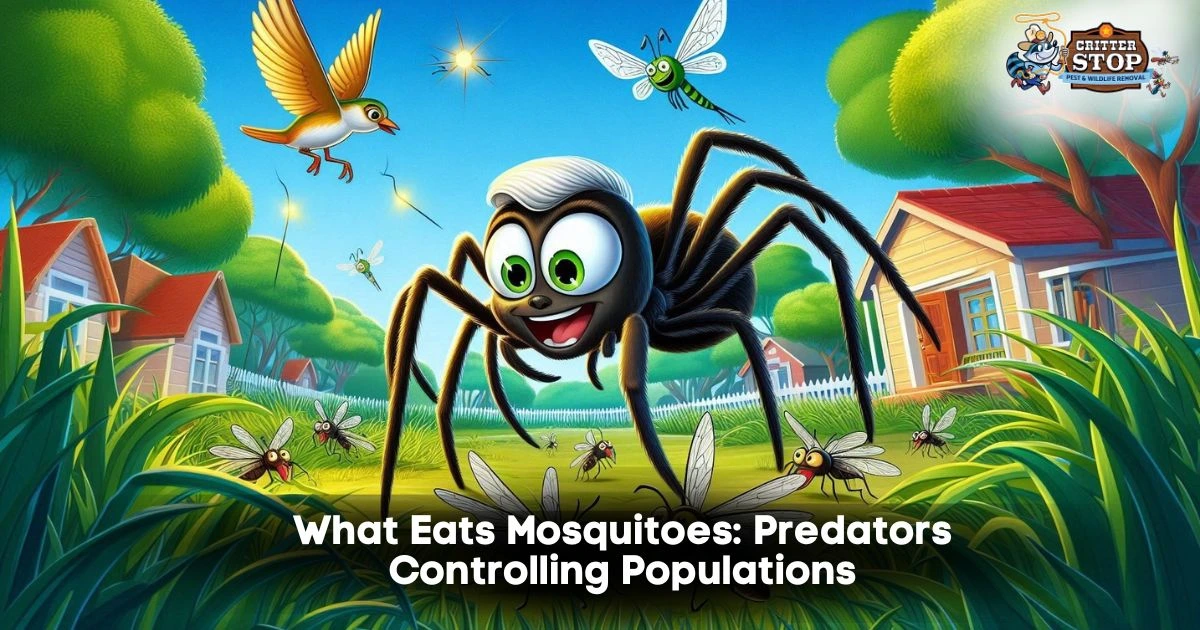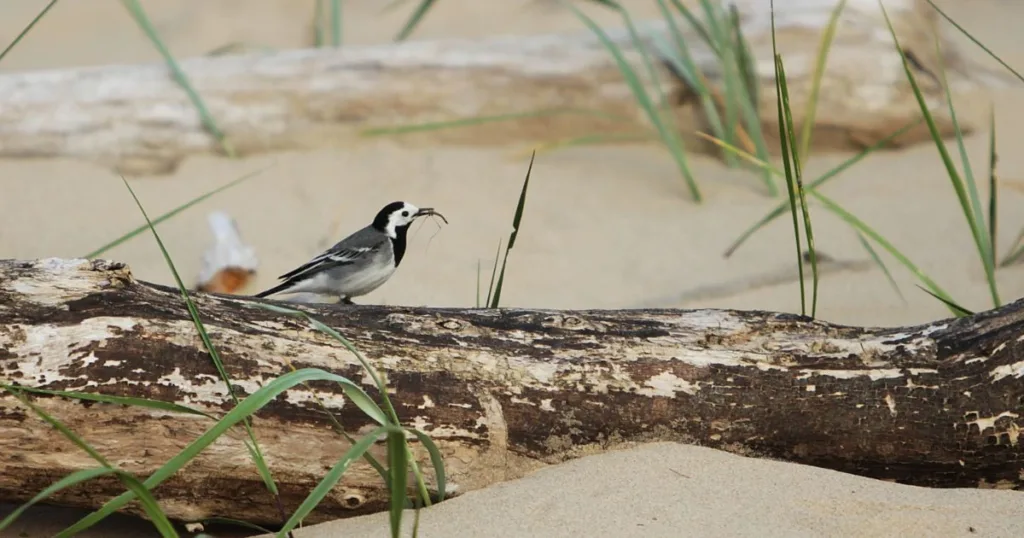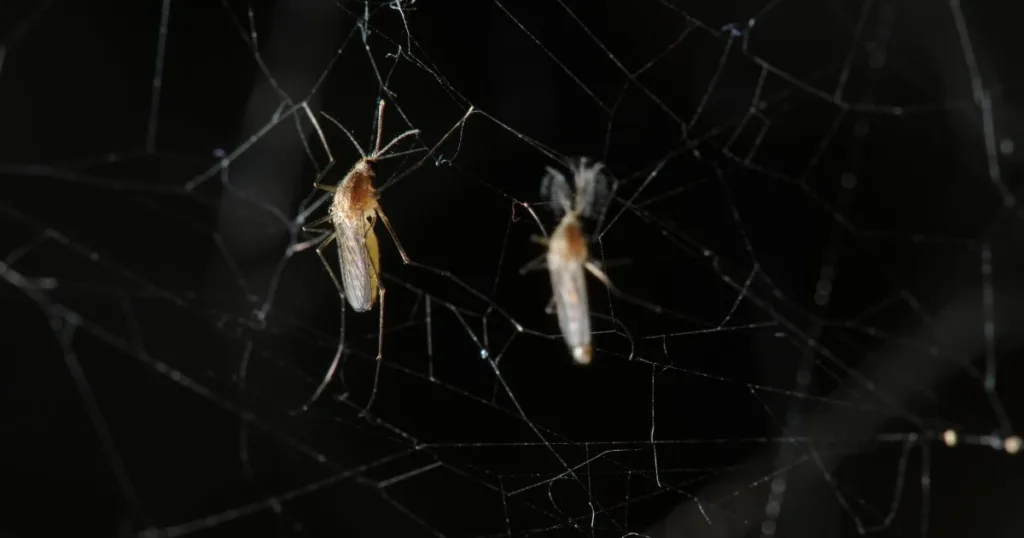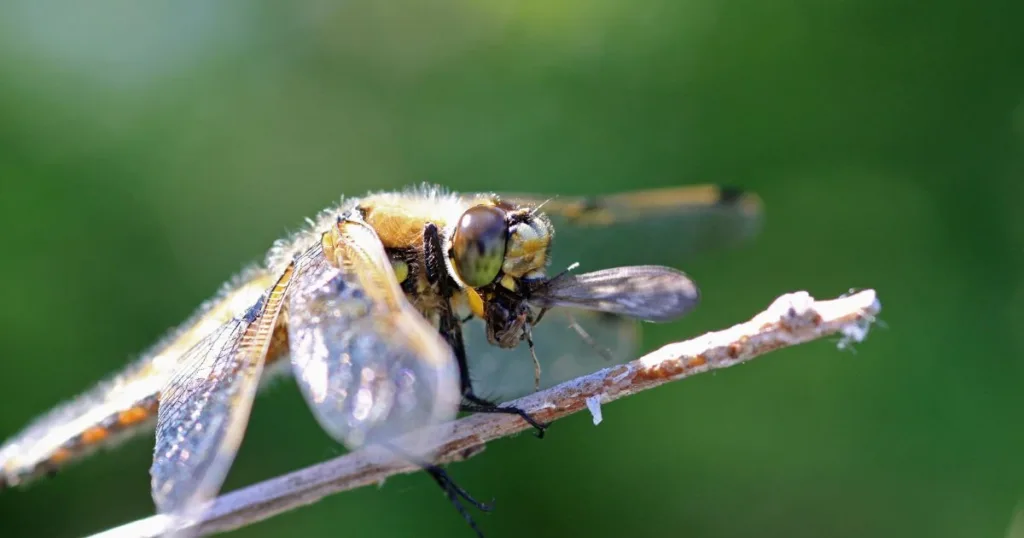
Mosquitoes are more than just annoying pests; they are also a vital part of many ecosystems. If you’ve ever wondered what eats mosquitoes, the answer lies in a variety of animals that rely on them as a food source. Birds, bats, dragonflies, frogs, fish, spiders, and even some reptiles are natural predators that help control mosquito populations.
Understanding which animals prey on mosquitoes can help you manage these pests naturally in your yard or garden. By attracting or supporting these predators, you can reduce the number of mosquitoes without relying solely on chemicals. Knowing what eats mosquitoes provides practical insight into how nature controls these insects and how you can benefit from this natural approach.

You can control mosquito populations by understanding which animals naturally consume them at various stages of their life cycle. These predators include a range of birds, fish, insects, and arachnids, each playing a specific role in reducing mosquito numbers.
Many bird species feed on mosquitoes, consuming both adults and larvae. Swallows and purple martins are notable for their ability to eat large quantities of flying mosquitoes. They typically catch mosquitoes in midair, often feeding near areas with standing water where mosquitoes breed.
Other birds, such as sparrows and certain types of warblers, also contribute to natural mosquito control but may consume mosquitoes alongside other insects. Bats are sometimes grouped with birds due to their nocturnal hunting of adult mosquitoes, making them valuable in reducing nighttime mosquito activity.
Fish are significant predators of mosquito larvae, especially in freshwater habitats where mosquitoes lay eggs. The Gambusia affinis, commonly known as the mosquito fish, is highly effective at consuming larvae and is often introduced as a biological control agent.
Other fish, such as goldfish, guppies, bass, bluegill, and catfish, also feed on mosquito larvae. These fish help reduce mosquito numbers by consuming immature mosquitoes before they mature into adults. If you have a pond or water feature, encouraging these fish can support natural mosquito population control.
Various insects and arachnids act as predators at different stages of mosquito development. Dragonflies and damselflies, both as larvae and adults, actively consume mosquitoes. Dragonfly larvae hunt mosquito larvae underwater, while adults catch flying mosquitoes.
Spiders may also catch adult mosquitoes in their webs. Some species of predatory mosquitoes feed on other mosquito larvae, helping regulate populations from within the same insect group. Tadpoles and frogs occasionally eat mosquito larvae, but their impact is less substantial compared to that of insects and fish.
| Predator Type | Example Species | Stage of Mosquito Eaten |
| Birds | Swallows, purple martins | Adult mosquitoes |
| Fish | Mosquito fish (Gambusia affinis), goldfish | Mosquito larvae |
| Insects | Dragonflies, damselflies | Larvae and adults |
| Arachnids | Spiders | Adult mosquitoes |
| Other | Predatory mosquitoes, tadpoles, and frogs | Mainly larvae |

Predators naturally reduce mosquito numbers by feeding on both larvae and adults. Their impact helps lower mosquito populations without relying solely on chemicals or sprays. However, predation alone cannot eliminate mosquitoes, so understanding its benefits and limits is key when managing pest control.
Mosquito predators play a crucial role in maintaining ecosystem balance. Fish, such as guppies and western mosquitofish, consume large quantities of mosquito larvae in stagnant water. Bats, birds, dragonflies, and certain amphibians target adult mosquitoes, contributing to population control in various habitats.
By feeding on mosquitoes, these predators reduce the need for chemical insecticides, which can harm beneficial insects and the environment. Including natural predators in mosquito control supports biodiversity and achieves control with fewer side effects.
While mosquitoes have many natural predators, predation only reduces a fraction of their total population. Mosquitoes reproduce rapidly and can outpace the control provided by predators alone. Ecosystem changes or the use of pesticides may reduce predator numbers, weakening this natural control.
Predators are most effective when combined with other methods, such as habitat removal or targeted spraying. This integrated approach provides better mosquito management than relying solely on predators to keep mosquitoes at bay.
For effective mosquito control, consulting experienced professionals is essential. Experts understand how to integrate natural predator support with safe and modern pest control methods, ensuring that mosquito populations are managed comprehensively and responsibly.
You can contact Critter Stop at (214) 234-2616 for a free inspection. Their skilled team excels in wildlife and pest removal, offering environmentally conscious solutions. Critter Stop is well-regarded for its reliable work and outstanding customer care, making them a trusted choice for your mosquito control needs.

Mosquitoes have a variety of natural predators across different environments. These predators include birds, insects, and amphibians that consume mosquitoes at various life stages, helping manage their populations.
You will find birds like swallows and purple martins feeding on adult mosquitoes near homes. Bats also actively hunt mosquitoes around residential zones. Dragonflies and damselflies consume mosquitoes during their immature stages.
Bats stand out as efficient mosquito predators due to their high nightly consumption rates. Fish species, such as Gambusia (mosquito fish), effectively reduce mosquito larvae in water. Certain amphibians, including frogs and tadpoles, also contribute to controlling mosquito populations.
Planting native flowering plants attracts insect predators, such as dragonflies and damselflies. Installing bat houses provides roosting spots for bats. Maintaining clean ponds supports fish and amphibians that feed on mosquito larvae.
Dragonflies and damselflies dominate daytime mosquito hunting. Birds, such as swallows, feed on mosquitoes while flying. Some spiders catch mosquitoes when they rest on vegetation.
You can expect bats to be the primary nocturnal consumers of mosquitoes. Moths and certain species of frogs also feed on mosquitoes at night. Additionally, owls occasionally consume adult mosquitoes as part of their diet.
Visit our Critter Library and learn more about our furry friends